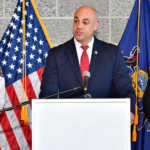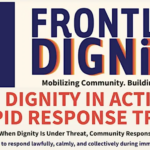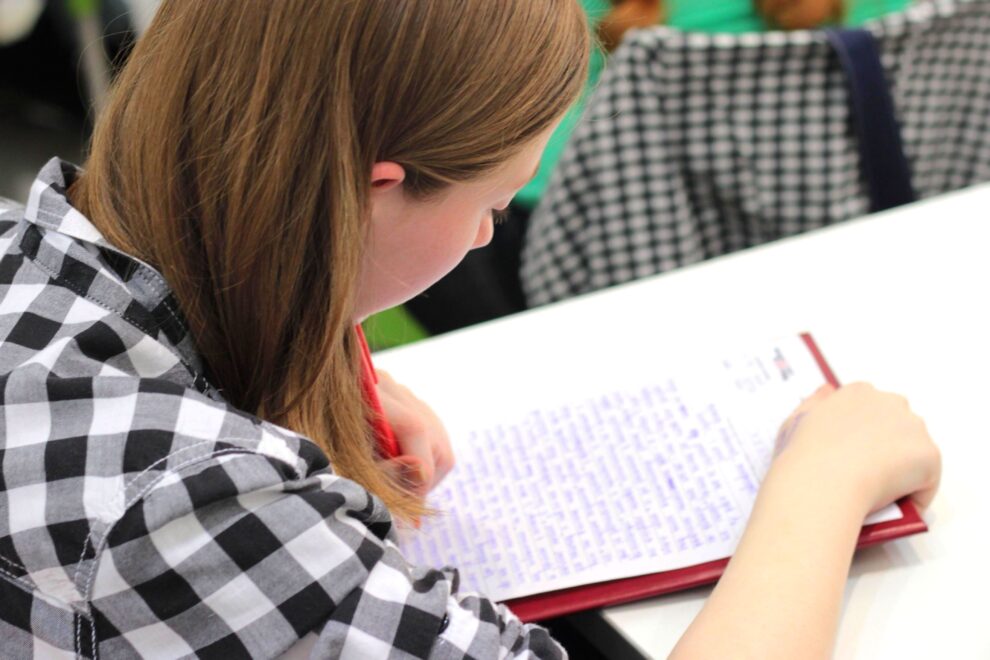Under a proposal in the House Republican’s reconciliation bill unveiled this week, taxpayers across the country would be able to participate in a program similar to an existing school choice program in Pennsylvania.
Additionally, Pennsylvania taxpayers, schools, and families in need will be able to benefit further from school choice policies.
The provisions in the House reconciliation bill reflect a growing consensus among Republicans in support of parental decision-making in education, especially the power to choose a non-government school for one’s children. The reconciliation process, used by Democrats in concert with the Biden Administration to pass the Inflation Reduction Act in 2022, is a unique legislative method to approve changes to federal policy while avoiding the Senate’s 60-vote threshold to end a filibuster of legislation.
The school choice proposal in the reconciliation bill is inspired by the Educational Choice for Children Act (ECCA), which was introduced by Sen. Bill Cassidy (R-LA) this year and would allow for a credit of up to $5,000 for taxpayers who donate to K-12 scholarship organizations anywhere in the country. “For years I’ve advocated for school choice with my Educational Choice for Children Act. I am pleased to see it included in the big, beautiful bill,” said Cassidy.
Funds donated by taxpayers are turned into scholarships for students in need to attend a school of their parents’ choosing. This is similar to a program in Pennsylvania, called the Educational Improvement Tax Credit. The EITC gives a 90% credit for every dollar donated to a scholarship organization. Republicans and Democrats agree most years to expand the amount of tax credits available for EITC in the state’s budget negotiations.
The reconciliation bill text as currently written includes protections for students with special needs, a cap on administrative expenses for the scholarship organizations of 10% of revenue, and a cap on credits of $5 billion, growing each year by 5% if most credits are claimed in a tax year. For context, the private schooling sector may be estimated to spend $47 billion ($10,000 per pupil to educate its 4.7 million students) and government K-12 schools cost taxpayers $927 billion per year.
Critics of school choice, such as the CEO of the National Center for Learning Disabilities, Jacqueline Rodriguez, attacked the proposal saying, “the guarantee of rights and protections for students with disabilities using these vouchers is disingenuous at best and crooked at worst, without the other critical provisions of [the Individuals with Disabilities Education Act].” Under current law, government school districts regularly contract with private schools to educate students with special needs when the district schools cannot provide appropriate services. Those options would not change under the provisions of the reconciliation bill.
American Federation for Children CEO Tommy Shultz proclaimed his support saying, “Ultimately, every child, especially from lower-income families, should have access to the school of their choice, and this legislation is the only way to make that happen.”











